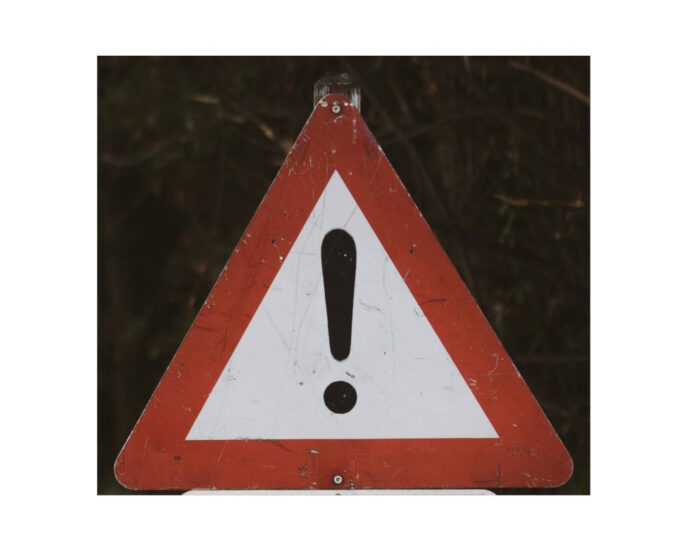In 2021 alone, 23.9 million Americans were victims of identity theft. More than half of these people suffered direct financial losses from the theft, and another 4% had indirect financial losses. Fortunately, banks and other companies are becoming more proactive in contacting consumers when they spot something amiss. But instead of hoping your bank notices suspicious activity, what are some warning signs you can look for?
Bank or credit card transactions you didn’t make
If you open your credit card bill to find a strange $1.76 charge at a convenience store seven states away, don’t just ignore it. These types of transactions are often a first attempt at using your card; criminals will make small charges to test an account before they try to charge large dollar purchases.
Unexpected – or missing – bills or statements
Recently we received my wife’s bank statement from a local credit union. Usually on the same day, our daughter’s statement from the same institution also arrives. When it didn’t arrive for several days, I texted her to find out why. Fortunately, she had decided to close the account and just didn’t tell us.
But this is the type of missing statement you should be on the lookout for. If an identity thief has your personal information, they can contact your bank or credit card company and change the address on file. Suddenly, your statements are going to their mailbox.
While missing bills or statements are worrisome, receiving a new credit card or discovering you have an account at a new bank can be even more troubling. Perhaps the thief meant to swipe this mail from your mailbox before you saw it. Or they are simply using your identity and running up bills that are now appearing at your house.
Unknown accounts appearing on your credit report
At least if you get a strange bill you can investigate to see what’s going on. Often, thieves will open new accounts in your name but have the statements directed to their mailboxes. The only way you will discover it is either you apply for a loan and are turned down, or you check your credit report and see an account you didn’t open. You should check the accounts on your report regularly, not just your credit score.
Your sterling credit score goes splat
Some people manage their credit score in an attempt to achieve a perfect score; others have never looked at it and have no idea in what range their score falls. Hopefully you have an idea of your score, and would notice if it suddenly dropped by 100 or more points. This type of drop can easily occur after an identity thief has opened accounts in your name and left the bills unpaid.
Debt collectors are your friends now
Another sign of identity theft is receiving calls or mail from debt collectors stating that you have unpaid bills in accounts you’ve never heard of. While you may think these calls/letters are bogus, you should investigate, starting with your credit report, to see if accounts have been opened in your name.
Missing email notices
I receive a monthly notice when my credit card bills or bank statements are available. If I didn’t receive one of these notices, I (hopefully) would recognize the omission and investigate. Don’t ignore the messages you receive that you have a statement or bill. At the very least, learn the pattern of when they come due so if you don’t receive one it will seem odd and spur you to action.
You can’t file taxes
The IRS has been inundated with scam tax returns filed by criminals who have stolen identities. While this may not cause you to lose money, a recent report noted that people who are victims of identity theft have waited an average of 19 months for their cases to be resolved. If you’re depending on your tax return, that delay would definitely hit you in the wallet.
If you discover you’ve been a victim of identity theft, act quickly to minimize the damage. However, if you find that your tax return has been filed fraudulently, visit the IRS site for steps to get an investigation started.
To prevent identity theft, freeze your credit report and those of your children. Take the time every month to go line-by-line through your credit card bills and bank statements. And by all means, check your credit report regularly for any errors or unknown accounts. Staying on top of your financial accounts may help you quickly recognize when someone has stolen your identity.
Photo by Andreas Schantl
